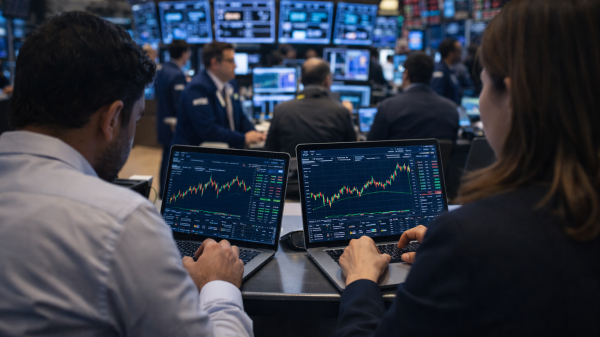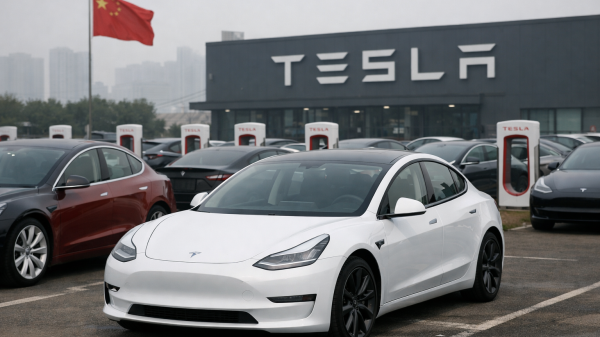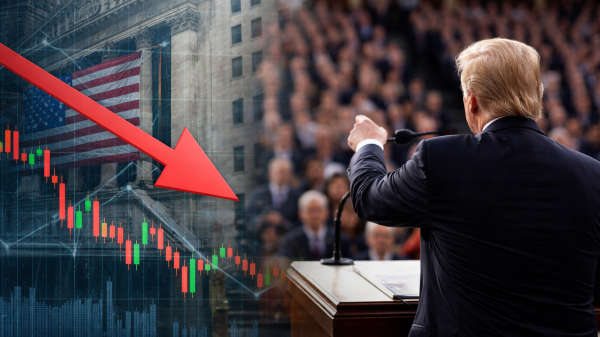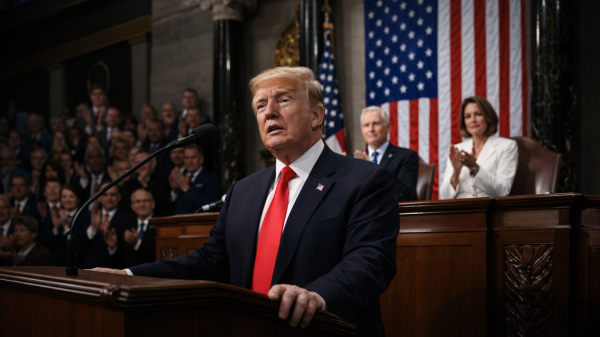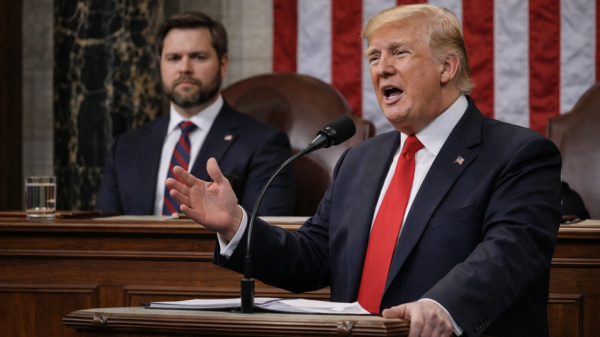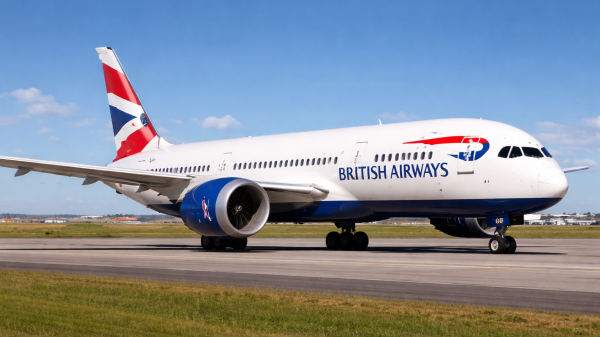European stock markets started the trading week on a cautiously optimistic note Monday, with major indices posting modest gains in early dealings.
This slight rebound comes after a volatile end to last week, as investors continue to closely monitor the escalating geopolitical tensions between Israel and Iran and the resulting impact on global oil prices.
Shortly after the opening bell, the pan-European Stoxx 600 index was up 0.15%.
National bourses also reflected this guarded optimism: the UK’s FTSE 100 gained 0.27%, while both France’s CAC 40 and Germany’s DAX were trading approximately 0.35% higher.
This marks an initial recovery from the negative sentiment that gripped markets on Friday when news of direct airstrikes between Israel and Iran first broke, stoking fears of a protracted and potentially devastating conflict in the Middle East.
A key driver for the early gains in Europe was the performance of oil and gas stocks.
This sector on the Stoxx 600 was up 1.1%, directly benefiting from a significant spike in crude oil prices triggered by the heightened geopolitical risk.
Oil prices remain volatile as Middle East tensions simmer
Crude oil prices have been on a rollercoaster as traders react to the latest developments in the Israel-Iran conflict.
As of 7:43 a.m. London time, US West Texas Intermediate (WTI) futures were up 0.7% to $73.50 per barrel, while the global benchmark Brent crude was trading 0.46% higher at $74.57 per barrel.
This follows a dramatic surge on Friday, when oil prices closed more than 7% higher – marking the biggest single-day move since March 2022.
The spike was a direct consequence of Israel launching a wave of airstrikes on Iran, which Israel stated were targeted at Iran’s nuclear and ballistic missile programs, as well as its senior military leadership.
Over the course of last week, US crude oil jumped a total of 13% and saw a further 3% rise on Sunday.
Adding to the tensions, Iranian state media reported on Saturday that Israeli unmanned aerial vehicles had struck the South Pars gas field in southern Iran.
Paris air show opens under a cloud
As the global aerospace industry convenes for this week’s prestigious Paris Air Show, the chief of Airbus anticipates a more subdued environment for commercial aircraft orders compared to previous years.
Rising defense concerns and the shadow cast by last week’s deadly Air India crash are expected to influence the tone of the event.
“We are all under this… the consequences, the impact of the accident of Air India. And obviously that’s a bad situation to come into an air show, which is supposed to be something positive,” Airbus CEO Guillaume Faury told CNBC’s Phil LeBeau.
Despite these somber notes, Faury maintained that “the momentum in the industry is very strong.”
He acknowledged that the 2023 Paris show—Europe’s largest aviation industry event, held biannually, alternating with the UK’s Farnborough Airshow—was “exceptional” as it followed a four-year hiatus due to the pandemic.
Nevertheless, he told CNBC he still expects to see “important” orders at this year’s event.
Faury also highlighted a significant shift in focus towards security and defense.
“We see also very different situation when it comes to security and defense, and it’s going to be a show where a lot of international delegations will be present,” he added, suggesting that defense procurement will likely be a prominent theme.
Aviation consultancy IBA has predicted that manufacturers could see between 700 and 800 commercial aircraft orders during the show, a notable decrease from the approximately 1,300 orders placed in 2023.
Orders at last year’s Farnborough Airshow were also notably weaker, as ongoing supply chain challenges continue to plague the aerospace industry.
The post Europe markets open: Stoxx 600 gains 0.15% as oil sector rises amid Mideast tensions appeared first on Invezz



